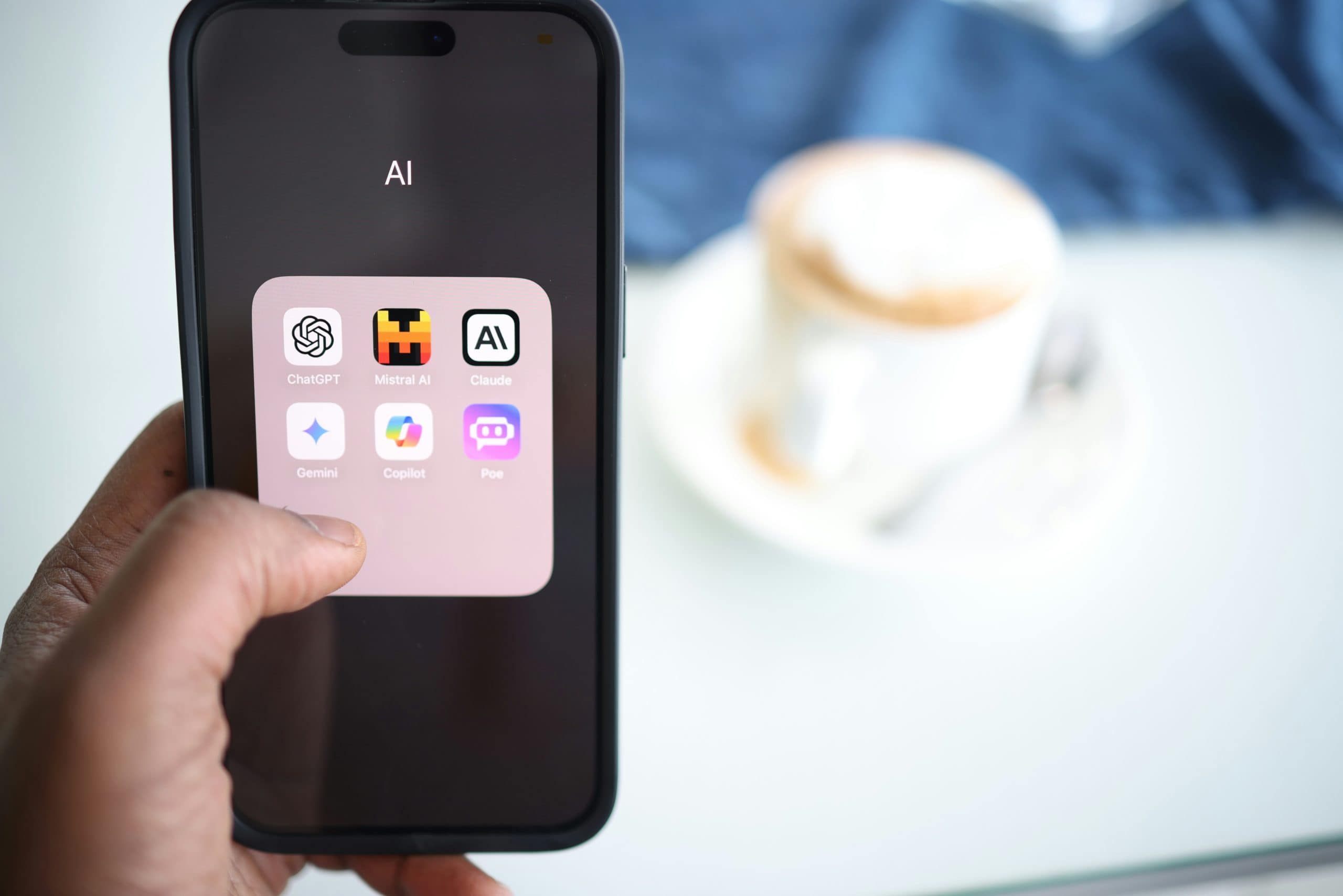Note: This is a guest post written by Jeeva Shanmugam
What would life be like in a world without screens? Humane, a firm founded by a number of former Apple executives five years ago, could well have something to teach us. It appears that videos from Imran Chaudhri, president of Humane and former director of design for the human interface team at Apple, have been released ahead of time and are currently trending on Twitter. For your viewing enjoyment, we’ve scattered a few of these leaked excerpts across this post.

Humane AI Wearable
This wearable device is fastened to the chest and may be operated by voice commands and taps, just like the communicators in Star Trek. The device is a brand-new platform created especially for artificial intelligence, in accordance with Chaudhri’s words, and does not require a smartphone or any other device to operate.
The device works practically like an Alexa or Google Assistant, accessing email, calendar invites, and messages and intelligently replying to them. A video clip that is included with the comments provides evidence of this.
"Catch me up," a summary of crucial information you may have missed while you were busy, on @humane's device. pic.twitter.com/AAIfh2Chfm
— Michael Mofina (@MichaelMofina) April 21, 2023
The devicet is seen conducting real-time translations in a manner similar to Google Assistant, but with a notable difference. The device’s button is pressed and held as Chaudhri says something somewhat complex: “Invisible devices should feel so natural to use that you almost forget about their existence.”
The device repeats the identical statement in French after a three-second wait. Although it sounds a little metallic, it is undeniably Chaudhri speaking, as opposed to a generic, robotic voice that is frequently utilized by virtual assistants.
First demo of the @Humane upcoming AI-powered wearable device. A phone call.
— Ben Geskin (@BenGeskin) April 21, 2023
Thanks @ZarifAli9 for sharing! pic.twitter.com/7qyDScPkOh
It was noted throughout the conversation that the device includes a built-in camera. In a Twitter video, Chaudhri handed the device a Milky Bar he had pulled from his pocket and asked if he may eat it. After pausing, the AI said, “A Milky Bar has cocoa butter. You might not be able to eat it because of your sensitivity.
Humane has a lot of expectations for this technology’s possibilities. It has the potential to provide you with the same level of support as your smartphone while being less annoyingly irritating.
In the words of Chaudhri, “We like to say that the experience is screenless, seamless, and sensing, allowing you to access the power of compute while remaining present in your surroundings, fixing a balance that’s felt out of place for some time now.”
But before we get too thrilled, it’s important to pause and think about a few things. First off, this is a stage demonstration, so it’s unclear how much of what we’re witnessing is truly done in real time as opposed to being pre-programmed.
The translation portion in particular looks a little too good to be true: How does the device know it is translating with just one button press? How does it know to translate into French rather than Spanish or Japanese, even if it does?
Even if all of this is possible and made available in the upcoming years, there are concerns about whether it will be more useful than the current smartphones. For one thing, talking to your chest in front of people is far less private than secretly swiping away at your laptop.
What Could be Expected Next?
The game doesn’t end with the AI wearables the future is dependent on the AI. Indeed, one of the most transformative technologies of the contemporary age, AI has the potential to significantly affect how we live our lives. AI is being employed more and more in a variety of sectors, including healthcare, banking, manufacturing, education, entertainment, and transportation. AI has endless potential and is already drastically changing how we live and work.
AI has the ability to spur economic expansion and boost productivity across a range of economic sectors. By automating repetitive operations, lowering expenses, and increasing productivity, technology may free up time and resources for more creative and inventive work. AI, for instance, may be used to identify illnesses, provide novel therapies, and enhance patient outcomes in the healthcare sector.
AI is also advancing significantly in the field of transportation. Autonomous and self-driving vehicles are now a reality, and they have the power to completely change the way we travel. In particular for individuals who are unable to drive, such as the elderly and disabled, self-driving cars can lessen traffic congestion, promote safety, and expand accessibility.
AI has a significant impact on sustainability and environmental protection. The technique can assist to decrease waste, increase industrial process efficiency, and optimize energy usage. Air pollution, soil erosion, and deforestation are a few examples of environmental degradation that may be monitored and prevented with the use of AI-powered monitoring systems.
Wrapping it All
In conclusion, AI will surely have a significant influence on the globe in the future. The technology has the power to change how we live and work, boost efficiency, increase sustainability, and drive economic development.
To guarantee that AI’s advantages are shared fairly and to address the ethical and societal consequences of the technology, attention must be paid to these issues. Artificial intelligence (AI) should be developed with a commitment to social responsibility and in accordance with moral values.






